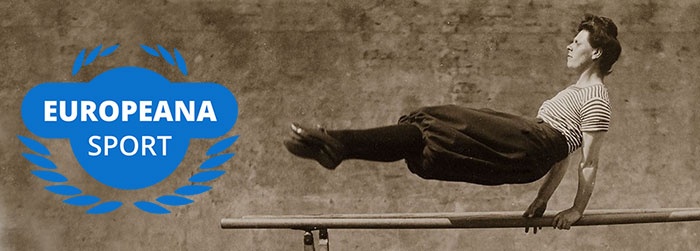First recorded dual crossing by sea kayak of the treacherous Moskenstraumen
In this guest blog, Nicola Scott from the Scottish Maritime Museum introduces us to a 1980s sea kayaking expedition which crossed one of the world's largest whirlpools.
Today, many sea kayaking expeditions around the coasts of Europe attract experienced paddlers and novices alike. In the early 1980s, this was not the case - some waters were yet to be explored!
In 1978, four friends in their mid-twenties who were experienced kayakers - were looking for their next challenge. They decided to plan a major expedition, circumnavigating the Lofoten and Vesterålen island groups of northwest Norway.
The photograph below shows the expedition team (left to right: Angus Mathieson, Bill Turnbull, Peter Wilson and Jim Breen) with Olympic kayaker and Lendal Paddle producer, Alistair Wilson at their stand at the annual Scottish Canoe Exhibition in Edinburgh, 1980.
The expedition was to take place 200 miles inside the Arctic Circle during the summer of 1980 and include the first recorded dual crossing by sea kayak of the treacherous Moskenstraumen. Also known as 'the Maelstrom', it is one of the largest whirlpool areas in the world.
The expedition soon gained media attention, appearing in newspapers and on television.
A push for sponsorship was embarked on to raise £10,000. After sending out 800 letters, the team secured sponsorship, equipment and food from a wide range of companies including J&B Whisky, Fred Olsen Cruise Lines and Baxters foods.
The four kayaks were given Nordic and Scottish names to promote the links between the expedition team and their chosen destination.
Two were named after Somerled (a Scottish Norse King) and the Viking King Godred whom he defeated off the coast of Scotland in ninth century. The other two kayaks were named Nyvaig (Gaelic for 'little ship'), after one of Somerled's vessels, and Skuta, a Viking longboat.
The team had to improvise and make a number of items of equipment themselves; including dry bags, water-tight containers and kayak carry harnesses. Unlike today, there was not the range of specialist quality equipment to be had.
On 1 July, the expedition team launched from Stangnes on the island of Hinnøya.
Over the next 28 days they would experience stunning views of the Norwegian islands, with their rocky coastlines and majestic mountain backdrops. The photograph below shows Peter Wilson and Jim Breen looking out across the Maelstrom from Lofotodden.
That month saw a heatwave in Norway - the team endured paddling in extreme temperatures. The phenomenon of the midnight sun meant that the team could be flexible with paddling times, sometimes launching at 1am. This allowed them to avoid paddling at the hottest times of day.
The much-anticipated crossing of the Maelstrom, which could see tidal currents as strong as 20 kilometres per hour (10.7 knots), was completed successfully. At that time of year, mild weather conditions and tidal state ensured that the dual crossing posed no major challenges to the kayakers. Although the Maelstrom was 'smooth', it was hard to counter the many fast and confusing tidal flows running in the surrounding area.
The overall journey offered many challenges on what is a spectacular but severe and dangerous coast. Over 28 days, the expedition team paddled a total of 394 miles. On their return to Scotland they documented their expedition in a report in order to add to the development of the sport of sea kayaking.
This blog is based on an exhibition Into the Maelstrom: The Scottish Kayak Expedition to North West Norway 1980.
The exhibition runs from Thursday 29 April 2021 to Monday 30 August 2021 at the Scottish Maritime Museum, Irvine and from Thursday 19 May 2022 to Sunday 18 Sept 2022 at the Scottish Maritime Museum (The Denny Ship Model Experiment Tank), Dumbarton.
Share your sport story
Can you help us to tell the story of sport in Europe in the past and the present?
We invite you to tell us about your sport experiences through objects like photographs, memorabilia, equipment or prizes.

